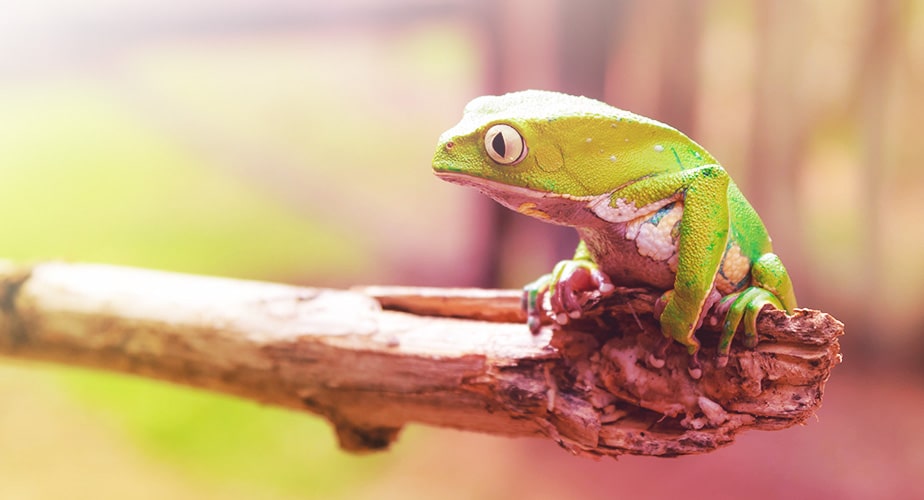
Current molecular techniques are considered a fast and reliable alternative to traditional morphological identification techniques based on phenotype.
These molecular analyses allow very precise authentication of the species or subspecies to which an individual belongs. This is possible thanks to the amplification and subsequent sequencing of a fragment of a widely conserved gene, which is universally present in each taxonomic group, such as rRNA 16S in bacteria or the ITS region in fungi. The use of molecular markers as an identification tool is used globally and generates a set of information that is constantly updated in global databases such as the NCBI.

The molecular identification service for organisms is applicable to numerous fields (veterinary, agriculture, taxonomy, ecology, livestock, forensic studies…). The molecular identification of species acquires vital importance in the diagnosis of both animal and plant pathogens, since the correct identification of the causal agent leads to a more precise diagnosis, which translates into a specific treatment against that agent and therefore more effective.
We determine species and subspecies in:

Facing new challenges is what motivates me, finding a way to solve them is my motto. They are more than 15 years of experience in laboratory operations and research and development.
Implication and great capacity for resolution are essential qualities for research.